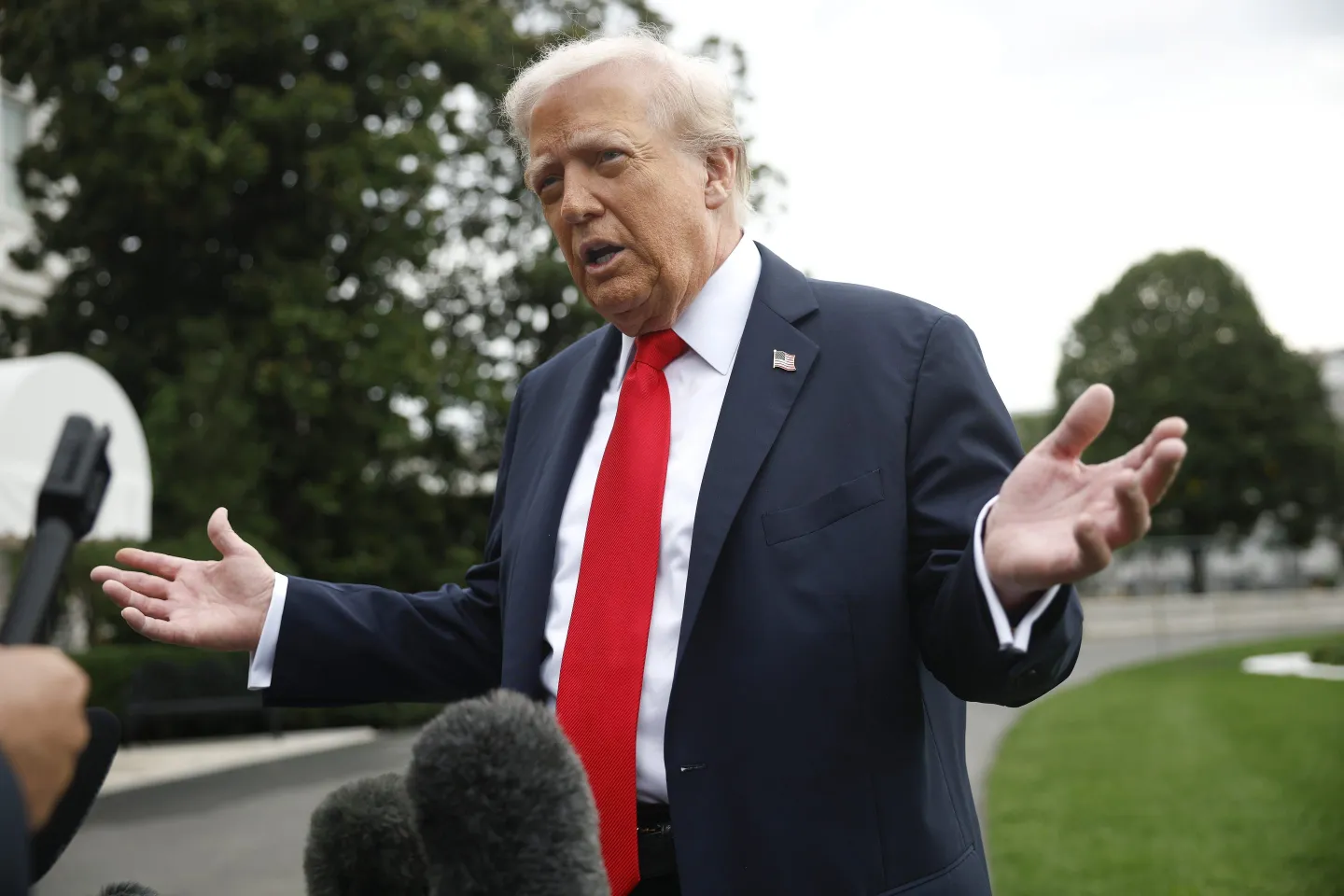In 2025, a significant shift is occurring among U.S. business leaders. Behind closed doors, many CEOs are expressing growing concerns about the impact of President Donald Trump’s policies on their operations and the broader economy. These leaders, once supportive or neutral, are now vocalizing their apprehensions regarding tariffs, regulatory changes, and economic uncertainty. This article delves into the reasons behind this shift and examines the broader implications for American businesses.
The Shift in CEO Sentiment
Historically, many CEOs maintained a neutral stance on political matters, focusing primarily on business operations. However, recent developments have prompted a change. A survey conducted at a Yale Chief Executive Leadership Institute event revealed that two-thirds of the participating CEOs believe U.S. tariffs have been detrimental to their businesses. Furthermore, approximately 80% of these leaders estimate that the majority of tariffs are counterproductive, leading to increased costs and disrupted supply chains.
This sentiment is echoed by other industry leaders. For instance, a report from Fortune highlights that a significant number of CEOs are reconsidering their investment strategies due to the unpredictable nature of trade policies and regulatory changes. These concerns are not limited to large corporations; even mid-sized companies are feeling the strain of the current economic climate.
Tariffs and Their Impact on Business Operations
One of the primary concerns among CEOs is the implementation of tariffs. While intended to protect domestic industries, these tariffs have led to unintended consequences. Many companies have reported increased costs for raw materials and components, which in turn affect pricing and profitability. Additionally, the retaliatory tariffs imposed by other countries have further complicated international trade relationships.
For example, a CEO of a manufacturing firm noted that the tariffs have made it more challenging to source affordable materials, leading to higher production costs. Another executive from the tech industry mentioned that the uncertainty surrounding trade policies has delayed expansion plans and investment in new markets.
Regulatory Uncertainty and Its Effects
Beyond tariffs, regulatory changes have added another layer of complexity for businesses. The Trump administration’s approach to deregulation has been met with mixed reactions. While some industries benefit from reduced oversight, others face challenges in adapting to the rapidly changing regulatory environment.
A notable example is the financial sector, where changes in banking regulations have led to increased compliance costs and operational adjustments. CEOs in this industry have expressed concerns that the lack of consistent regulatory frameworks could lead to instability and reduced investor confidence.
The Call for a New Direction
In light of these challenges, many CEOs are advocating for a reevaluation of current policies. They emphasize the need for a balanced approach that considers both domestic interests and global competitiveness. Some leaders are calling for a return to more predictable trade policies, while others suggest that a focus on innovation and infrastructure development could drive sustainable economic growth.
A recent op-ed by a prominent CEO highlighted the importance of fostering an environment that encourages entrepreneurship and investment. The piece argued that policies should be designed to support long-term business development rather than short-term political gains.
Public vs. Private Stances
While many CEOs express their concerns privately, there is a noticeable hesitancy to voice these opinions publicly. The fear of potential backlash or political repercussions has led some business leaders to remain silent on contentious issues. However, the growing consensus among industry leaders suggests that the pressure to speak out is increasing.
A recent survey indicated that a significant number of CEOs are considering taking a more active role in public policy discussions. This shift reflects a broader trend of business leaders becoming more engaged in political and social issues that directly impact their operations and stakeholders.
Implications for the Future
The evolving stance of CEOs has broader implications for the American economy and political landscape. As business leaders become more vocal, their influence could shape future policy decisions and public opinion. Moreover, the push for policy changes may lead to a reevaluation of current economic strategies and priorities.
In the coming months, it will be crucial to monitor how this shift in CEO sentiment influences legislative actions and economic developments. The outcome of this dynamic could determine the direction of U.S. economic policy for years to come.
Conclusion
The growing concerns among CEOs regarding President Trump’s policies underscore the complex relationship between politics and business. As these leaders navigate the challenges posed by tariffs, regulatory changes, and economic uncertainty, their collective voice may become a catalyst for policy reform. The future of American business may depend on the ability of policymakers to address these concerns and create an environment conducive to sustainable growth and innovation.
Subscribe to trusted news sites like USnewsSphere.com for continuous updates.





